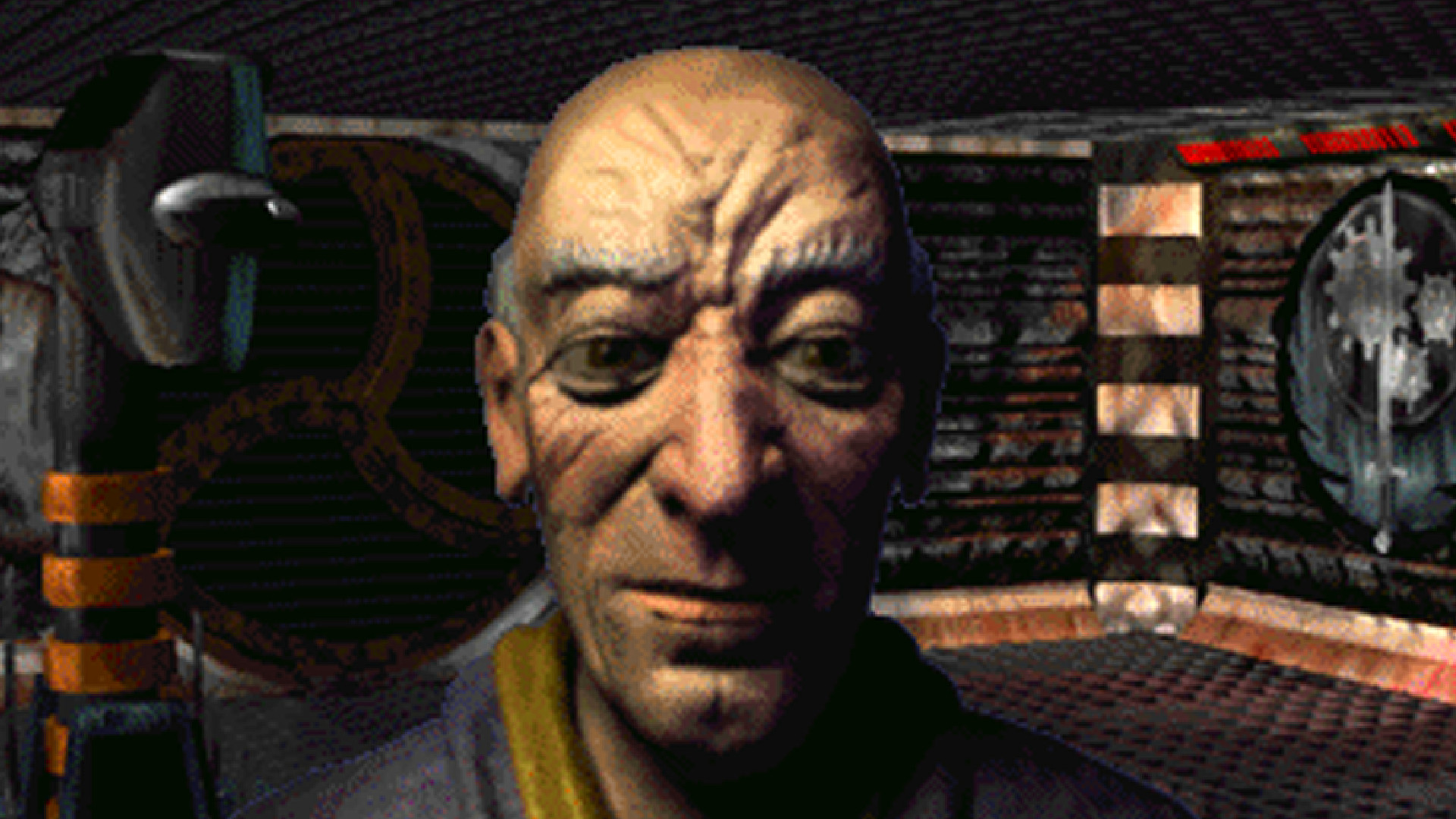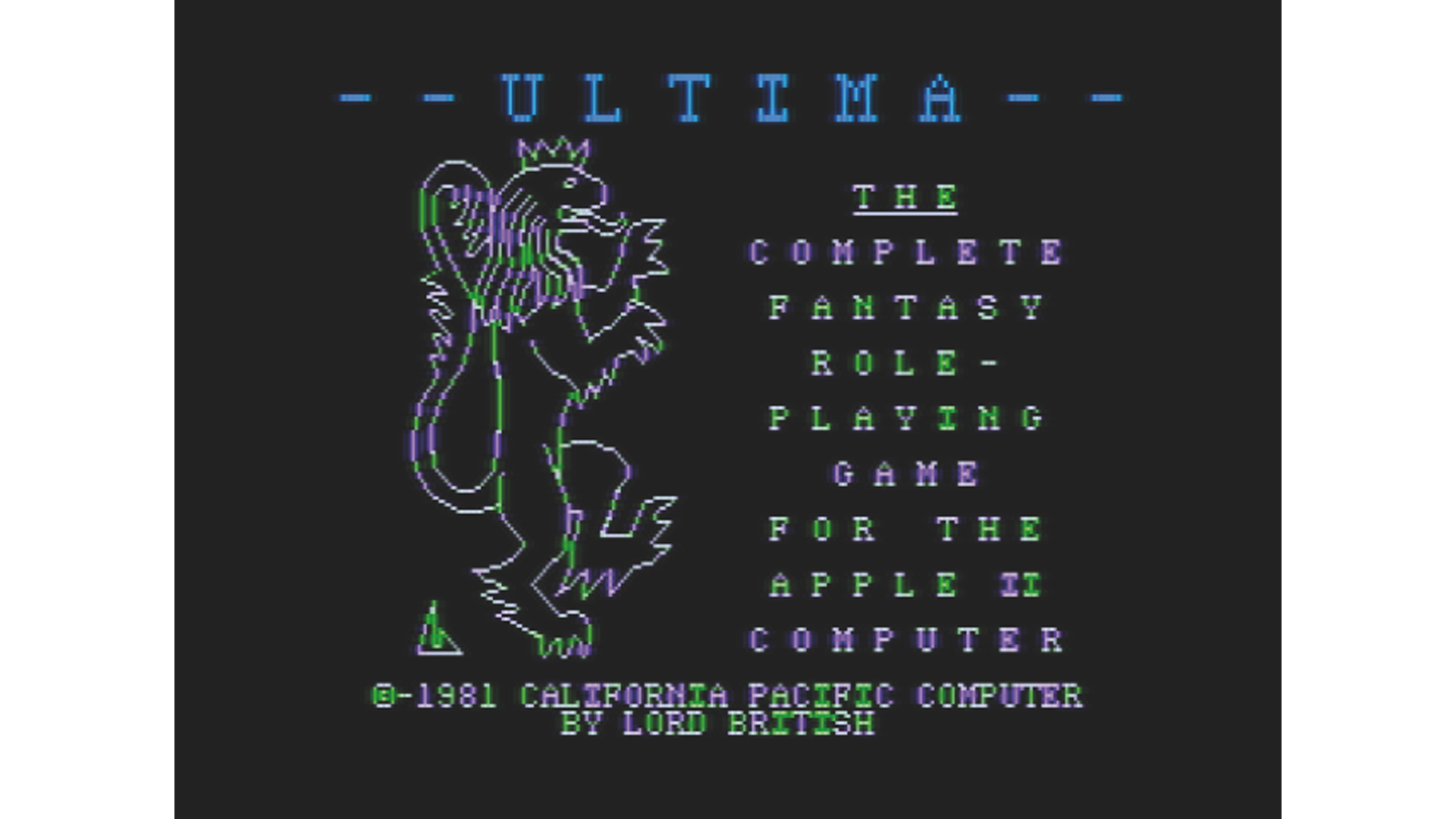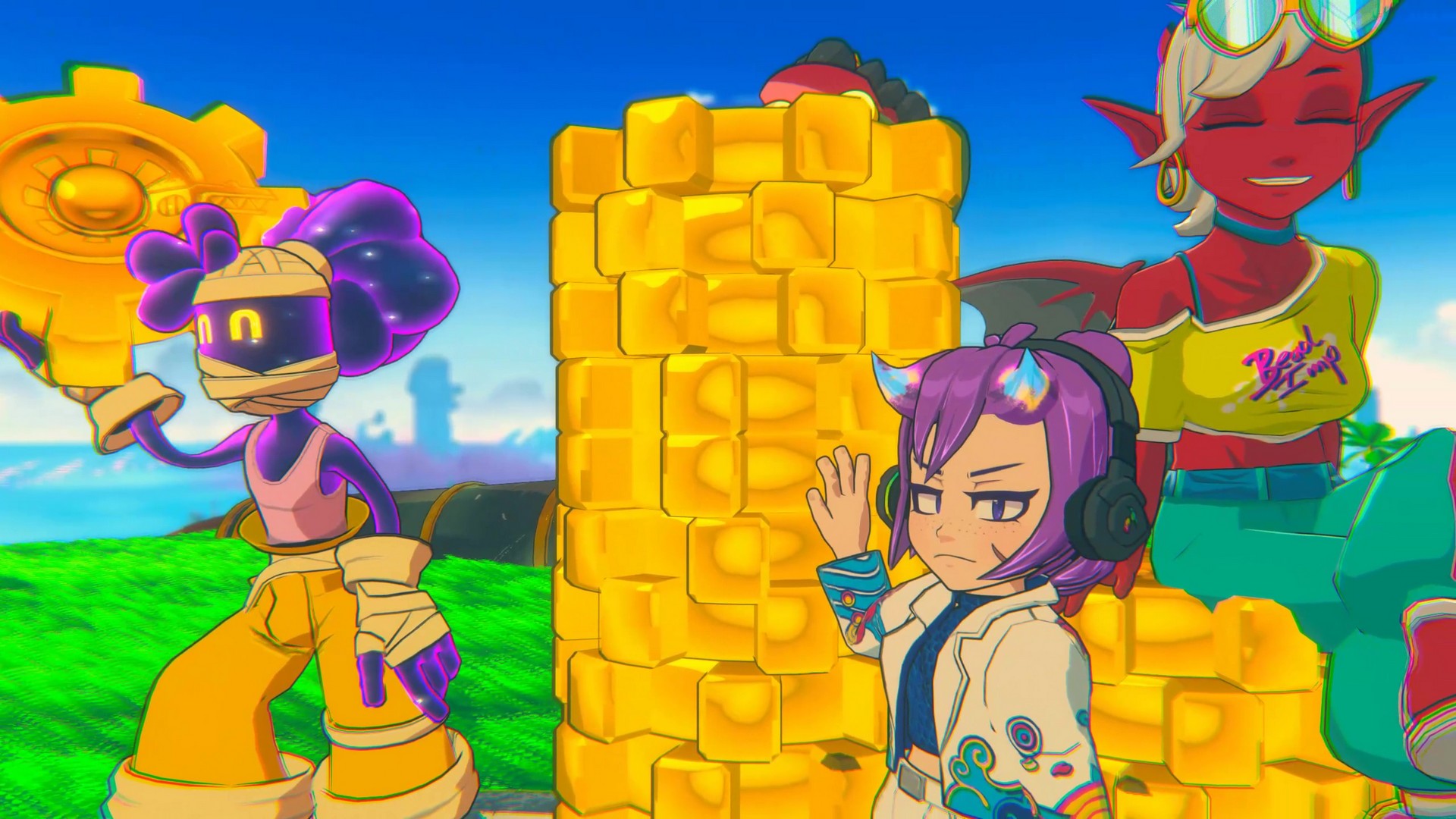Fallout co-creator Tim Cain says today's games could learn a lot from '80s games: "They add too many things thinking more of those things make the game better, when really what they do is dilute the game"
Sometimes simple is better

Weekly digests, tales from the communities you love, and more
You are now subscribed
Your newsletter sign-up was successful
Want to add more newsletters?

Every Friday
GamesRadar+
Your weekly update on everything you could ever want to know about the games you already love, games we know you're going to love in the near future, and tales from the communities that surround them.

Every Thursday
GTA 6 O'clock
Our special GTA 6 newsletter, with breaking news, insider info, and rumor analysis from the award-winning GTA 6 O'clock experts.

Every Friday
Knowledge
From the creators of Edge: A weekly videogame industry newsletter with analysis from expert writers, guidance from professionals, and insight into what's on the horizon.

Every Thursday
The Setup
Hardware nerds unite, sign up to our free tech newsletter for a weekly digest of the hottest new tech, the latest gadgets on the test bench, and much more.

Every Wednesday
Switch 2 Spotlight
Sign up to our new Switch 2 newsletter, where we bring you the latest talking points on Nintendo's new console each week, bring you up to date on the news, and recommend what games to play.

Every Saturday
The Watchlist
Subscribe for a weekly digest of the movie and TV news that matters, direct to your inbox. From first-look trailers, interviews, reviews and explainers, we've got you covered.

Once a month
SFX
Get sneak previews, exclusive competitions and details of special events each month!
Long before he co-created the legendary RPG series Fallout, veteran game designer Tim Cain cut his teeth on old '80s games, particularly on PC and set-top console boxes, and he has some wisdom to share with today's much more "indulgent" game developers.
In a new YouTube video shared to his official channel, Cain answers a simple yet provocative question: can new games learn anything from old games? The answer is very much yes, according to Cain, and particularly from '80s games, which he says were "very, very focused, because they had to be."
That right there is crucial to Cain's point. I don't get the impression that he's turning his nose up at modern game development; instead, he's making the argument that older games did some things better by necessity, not by design. The gulf in capability between '80s hardware and today's machines is so vast that even the bare principles of game design are entirely different.
Cain makes the point that his smartphone is more powerful than the PCs he was working with in the '80s, and I would say that's an understatement. Estimates suggest your average modern phone is thousands of times faster than the most advanced supercomputers of the '80s, opening up entire realms of possibility in game design that didn't exist back then. However, to Cain's point, that isn't always a benefit to the player.
"You can learn a lot from games that were required to be focused, because I think that's kind of an overriding possible issue with today's games, is they don't really know what they want to be. They try to be everything to everyone," he says.
"Old games couldn't do very much, so they avoided a problem of modern games that I see is becoming indulgent," adds Cain. "They add too many things thinking more of those things make the game better, when really what they do is dilute the game."

One of Cain's main arguments is that, again, due to hardware limitations, those old games focused mainly on a single gameplay loop, which had to be really well-designed because there was nothing else on offer.
Weekly digests, tales from the communities you love, and more
"In '80s games, that game loop was tight," Cain says. "It was, 'Here's the gameplay, you're doing it now, you're immediately dropped in, you're doing it, have fun', and these game loops were small and tight because they had to be.
"We couldn't make giant sprawling games with tons of different things, like, 'I think I'll go craft now, I think I'll go explore now, I'll go do this puzzle now, I'll go do combat now, I'll go talk to all these NPCs now.' You couldn't do all that. You had to pick, what section, what segment of all that gameplay do I want to represent, and then you did that. The idea that you could have a core game loop that was a huge variety of actions pretty much did not exist."
This tightness Cain refers to is a common refrain throughout the video, in his view extending to storytelling and world-building in '80s games as well. In that context, and in conclusion, he cites two examples I didn't see coming: The Lord of the Rings, and a dinner of sea bass at a fancy restaurant.
The Lord of the Rings, at its center, is a simple story about an evil ring that must be destroyed before evil people can do evil things with it. "That's it. That's the entire thing," says Cain. "There's a lot of complexity that you can dive down into if you want, but you don't need it."
As for the food analogy, Cain points to "really high-end restaurants" that prepare "the most delicious dinners you've ever had" with just "a very small set of ingredients." Take sea bass, for example, which if done right is seasoned with "a little bit of salt, maybe one or two seasonings, and some butter," which indeed is one of the world's great, uncomplicated luxuries.
"Those early games are kind of like fancy restaurants," Cain says. "You kinda had to do it right, or you really couldn't do it."
Now I'm hungry. Thanks, Tim.
Cain's early work laid the foundation for some of the best RPGs ever made.

After earning an English degree from ASU, I worked as a corporate copy editor while freelancing for places like SFX Magazine, Screen Rant, Game Revolution, and MMORPG on the side. I got my big break here in 2019 with a freelance news gig, and I was hired on as GamesRadar's west coast Staff Writer in 2021. That means I'm responsible for managing the site's western regional executive branch, AKA my home office, and writing about whatever horror game I'm too afraid to finish.
You must confirm your public display name before commenting
Please logout and then login again, you will then be prompted to enter your display name.


